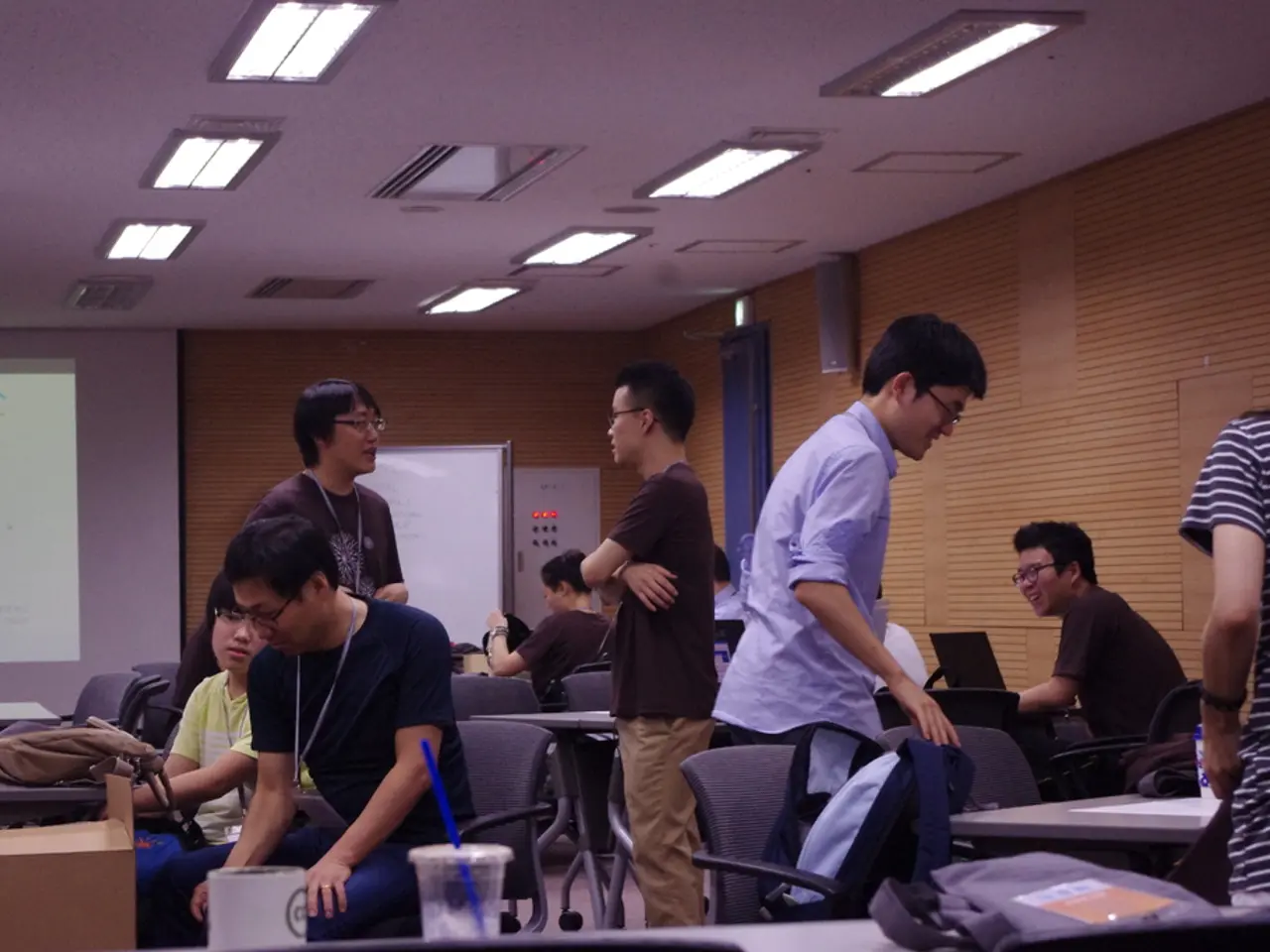Transformation of Education, Minimizing Disruption Instead of Destruction
In the rapidly evolving landscape of education, a new player has emerged to shake things up: ChatGPT. Initially met with caution due to concerns over cheating, the potential benefits of integrating AI into the classroom are now being recognised.
Many educational institutions have begun to embrace experimentation with ChatGPT and other AI tools, recognising their potential to revolutionise learning experiences. This shift in perspective is driven by the model's ability to provide differentiated instruction materials for diverse learners, generate engaging lesson plans, and facilitate personalised learning.
Personalised Learning Experiences
ChatGPT creates customised lesson plans, practice problems, quizzes, and study schedules tailored to individual student needs. This personalised approach promotes student engagement and helps address each learner’s strengths and weaknesses more effectively.
Fostering Critical Thinking
Rather than providing direct answers, ChatGPT's new “study mode” guides students through step-by-step problem-solving and inquiry, encouraging deeper cognitive engagement. This Socratic tutoring approach helps learners evaluate arguments, identify biases, and refine reasoning skills, thereby promoting genuine critical thinking rather than superficial learning.
Rethinking Assessments
ChatGPT can assist in generating formative assessments and provide tailored feedback, helping educators design more effective ways to evaluate student understanding. AI can also assist in continuous learning evaluation and personalised feedback, potentially reshaping assessment strategies to focus on growth and critical analysis.
Empowering Teachers
By streamlining time-consuming tasks like lesson planning, resource creation, and administrative work, ChatGPT frees teachers to focus more on direct instruction and student interaction. It supports professional development and classroom management while providing individualised support to students, thus enhancing teaching effectiveness and reducing workload.
Together, these capabilities position ChatGPT as a powerful tool in classrooms to personalise education, deepen student learning, innovate assessment, and make teaching more efficient and impactful.
Offering Professional Development Opportunities
To ensure a smooth transition, it's crucial to provide professional development opportunities to help educators effectively integrate AI into their teaching practices. Resources such as the International Society for Technology in Education (ISTE), The Walton Family Foundation, and Bloom's Taxonomy can offer valuable insights and guidance in this area.
Automating Administrative Tasks
In addition to its educational benefits, ChatGPT can also automate administrative tasks like grading and communication for teachers, freeing up more time for direct instruction and student interaction.
ChatGPT: A Versatile AI Model
As a powerful AI model, ChatGPT generates human-quality text on a wide range of topics, offering applications across various educational contexts beyond just essay writing. The goal is not to replace teachers with AI but to empower them with tools that enhance their ability to guide and inspire the next generation of learners.
In creating spaces for educators, students, and policymakers to discuss the ethical implications and potential challenges of AI in education, we can ensure a responsible and beneficial integration of this transformative technology into our classrooms.
References
[1] The Journal of Educational Technology Development and Exchange (JETDE). (2021). AI in Education: A Review of the Literature and Future Research Directions.
[2] International Journal of Artificial Intelligence in Education. (2020). AI and Education: A Systematic Review of AI Technologies Applied to Education.
[3] The European Journal of Open, Distance and E-Learning. (2021). The Impact of AI on Education: A Systematic Review of the Literature.
[4] The International Review of Research in Open and Distributed Learning. (2020). Artificial Intelligence in Education: A Review of the Current State and Future Directions.
[5] The British Journal of Educational Technology. (2021). The Role of AI in Teaching and Learning: A Systematic Review of the Literature.
- The future of education is poised for a revolution with the integration of AI technology, exemplified by ChatGPT, which can personalise learning experiences, foster critical thinking, and rethink assessments.
- In the field of technology and AI, education-and-self-development is being revolutionised as ChatGPT offers versatile applications, empowering teachers, automating administrative tasks, and providing opportunities for professional development.
- General news outlets are increasingly reporting on the benefits and potential ethical implications of AI in education, emphasizing its potential to reshape learning and teaching methodologies, as well as sparking important discussions on its responsible implementation.




